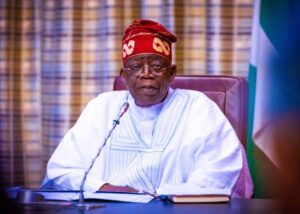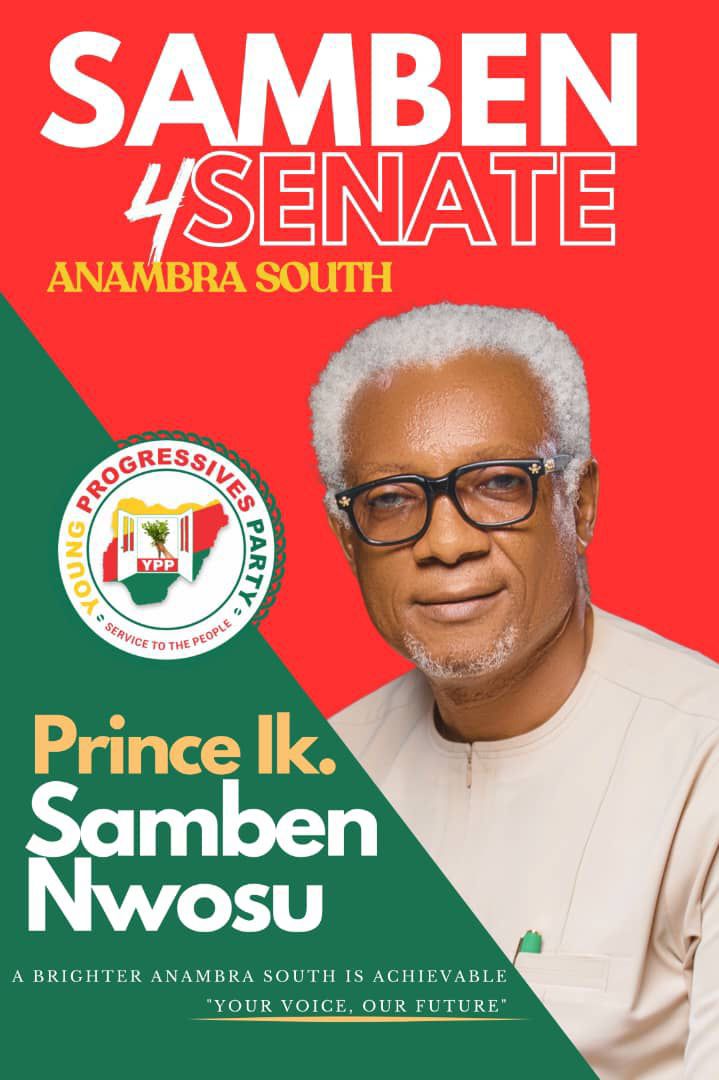
President Bola Tinubu has stated that no Nigerian is immune from corruption, saying it is a cancer which “continues to deny the nation the full benefits of its God-given resources.”
Tinubu on Monday called on Nigerians from all walks of life to come together and form formidable unifying forces against economic and financial crimes and other acts of corruption.
The President made this known in Abuja, while declaring open the 6th Economic and Financial Crimes Commission, EFCC- National Judicial Institute, NJI’s Workshop for Justices and Judges.
Speaking through his Vice, Kashim Shettima, the president said; “No Nigerian is immune from corruption, a cancer which continues to deny the nation the full benefits of its God-given resources. Rather than look up only to the anti-corruption agencies for a solution to this malaise, I believe it is in our enlightened collective interest to close ranks and aggressively tackle this common enemy.”
Tinubu also applauded the rising improvement in the prosecution of corruption matters owing to positive developments in the justice sector reforms.
He admitted that challenges impeding the speedy adjudication of corruption cases should be frontally tackled.
Some of them, he noted, include “frivolous applications and appeals, intimidation of judges by counsel, judgment not based on facts of cases but on technicalities”.
While he commended the EFCC for its courageous and focussed efforts in combating corrupt practices and pledged more support to the Commission, he noted, “We will also continue to support the work of the EFCC to ensure that it continues to deliver its statutory mandate without let or hindrance.”
The Executive Chairman of the EFCC, Mr. Ola Olukoyede amplified other challenges affecting speedy trial of corruption cases.
According to him, “the spectre of frequent adjournments of high profile corruption cases arising from frivolous applications, conflicting orders by courts of coordinate jurisdiction in corruption cases, intemperate contempt orders hauled at the Commission’s leadership, unwarranted orders of injunction restraining the Commission from investigating cases, are among a plethora of issues that bother the EFCC”.
Owing to some of these challenges, especially the incidence of suspects facing criminal investigation rushing to court to obtain orders of injunction restraining the EFCC from inviting, investigating, interrogating and arresting them, Olukoyede stated that the Commission was unable to conduct investigation in at least 10 states of the federation.
In spite of all these, the EFCC boss stressed that the commission has been undeterred in its works, engaging stakeholders locally and globally to tackle the monster of corruption
“As a Commission, our efforts at integrating stakeholders in the fight against corruption are continuous. Earlier this year, we held a Stakeholders Dialogue on the issue of cybercrime where we equally unveiled the Commission’s new focus on corruption prevention with the establishment of Fraud Risk Assessment and Control (FRAC). We are convinced that it is ultimately more profitable to prevent than to investigate and prosecute corruption cases”, he said.
The Workshop, themed “Integrating Stakeholders in Curbing Economic and Financial Crimes”, drew a mammoth crowd of stakeholders, policy makers, top government officials, civil society organisations and anti-corruption bodies.
SAHARA REPORTERS






